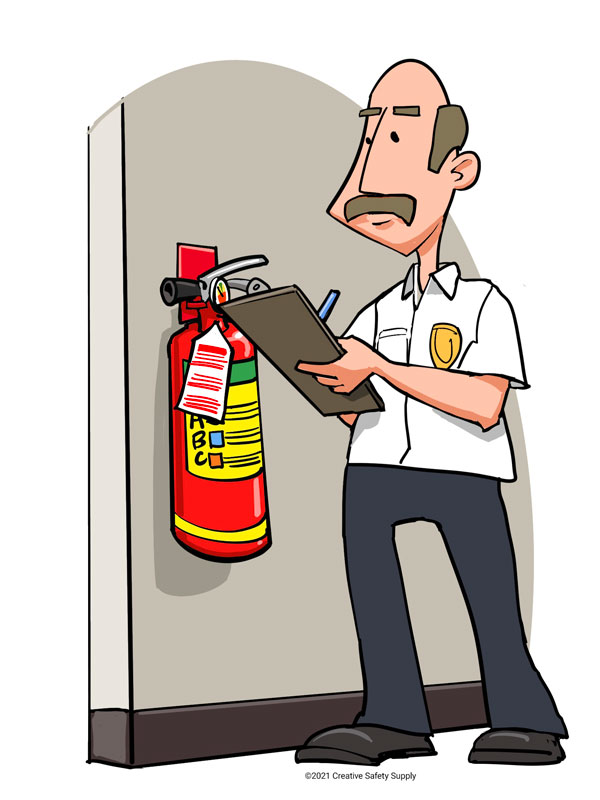Every company in Sydney Fire protection is not only legal, but it is crucial to keeping employees customers, property, and even the employees safe. Many of the hazards that could arise from a fire can be prevented or minimized by taking the appropriate precautions. Fire inspections, routine testing and the tagging of electrical systems and conformity with CFSP regulations all work to create a safer workplace and ensure that businesses remain in compliance with local council as well as Building Code of Australia (BCA) standards.
The reason Fire Inspections Are the Foundation of Safety
Fire inspections are the primary defense against possible hazards. These inspections confirm that the fire safety system in a building is up-to-date and in good working order. Businesses are located in Sydney must conduct inspections six or twelve times a year, depending on the building’s type and the council regulations. The inspections can cover everything from sprinklers and fire alarm systems to smoke detectors, fire hydrants and extinguishers.

Inspections are vital because they can detect issues that are not obvious and before they become hazardous. In the event of an emergency tiny flaw on a smoke detector or the fire hydrant’s condition could seem insignificant. By carrying out periodic fire inspections businesses owners are not just meeting compliance obligations but actively taking steps to guard their business from unforeseen tragedies.
Hidden electrical risks can be eliminated by testing and labeling
Electrical systems can be an important cause of fires at work. Testing and tagging is thus an essential part of an action plan for ensuring security from fire. This involves testing electrical equipment to make sure it’s safe, functional, and compliant, followed by affixing a visible label that demonstrates the item has passed an inspection. This is a requirement that’s often not an easy one. In many businesses it’s a way to protect themselves from potential risks.
Old, worn-out, or unchecked cables, appliances with faults or wiring that is not up to date can quickly become dangers to fire. Regular testing and marking reduces the chance of an electrical issue that could cause a fire. It also reassures employees that their working environment is safe, creating confidence and trust within the workplace. Together with fire inspections and testing, this comprehensive security plan minimizes risks from multiple angles.
The job of CFSP is certification and compliance.
In New South Wales, only an Competent Fire Safety Practitioner (CFSP) is able to certify and sign critical fire safety documents such as Annual Fire Safety Statements. Introduction of CFSP certification has enhanced fire safety standards, as it ensures only professionals are qualified to assess and verify security. For those who own businesses, having the CFSP implies that reports and inspections are not just routine paperwork and evaluations based on reliable data carried out by professionals.
The role of a CFSP extends far beyond ticking boxes. They evaluate the effectiveness and the condition of fire protection systems and prepare thorough report. They also confirm conformity with the requirements of the regulatory authorities. Without CFSP certification, businesses could face fines, legal complications, and even shutdowns if their security measures for fire are judged to be insufficient. Partnering with accredited professionals ensures that fire safety systems are maintained properly and compliance requirements are met without unnecessary stress.
Fire Safety is a Continuous commitment
The issue of fire safety is not just a one-time responsibility, but an ongoing obligation for every business owner. The cycle of safety will never end with regular inspections, examining electrical systems continuously, and certification under CFSP supervision. This practice is not only legal, it also promotes a safety-conscious culture in the workplace. Employees feel safe knowing that clear evacuation plans are in place and that smoke alarms are in place and the emergency lighting has been tested, and fire suppression systems are ready for use.
Fire safety is a continuous process, not a checkbox that companies must check each year. This reduces risk and strengthens the reputation of a company. Customers and clients are more comfortable when they are in a place which is highly rated for safety. In the long term investing in fire protection that is proactive saves money by preventing costly damage as well as fines and legal fights, while protecting the lives of all who enters the premises.
Conclusion
Sydney’s fire safety is an intricate process that includes inspections, testing, tagging as well as an official certification by an CFSP. Each of these components play a crucial role in assisting businesses to comply with regulations, but more importantly to safeguard property and lives. Safety is an integral component of daily business activities and is not a secondary consideration. Businesses can meet their legal requirements and create more stable and secure environment in the future when security is an integral part of daily operations.
